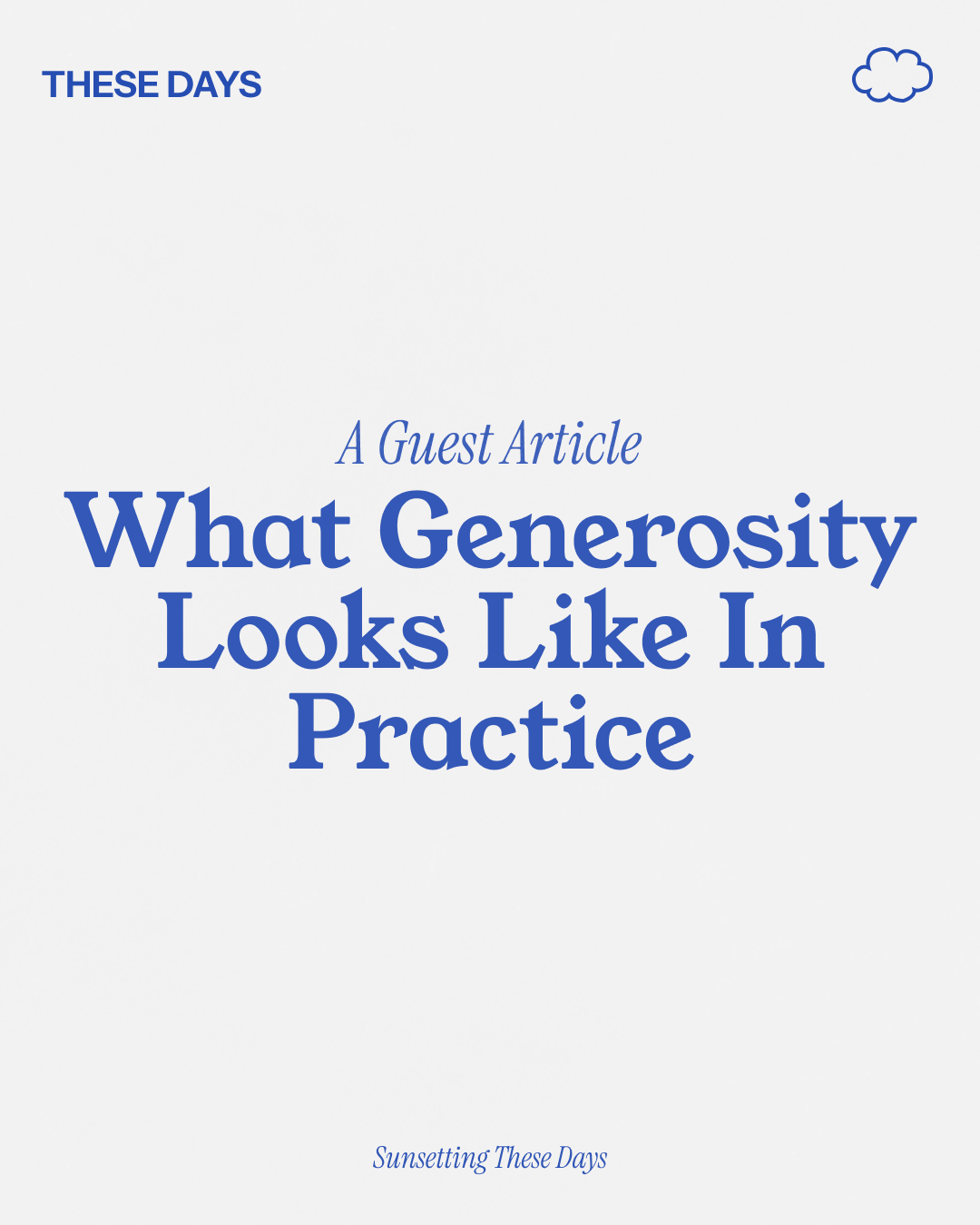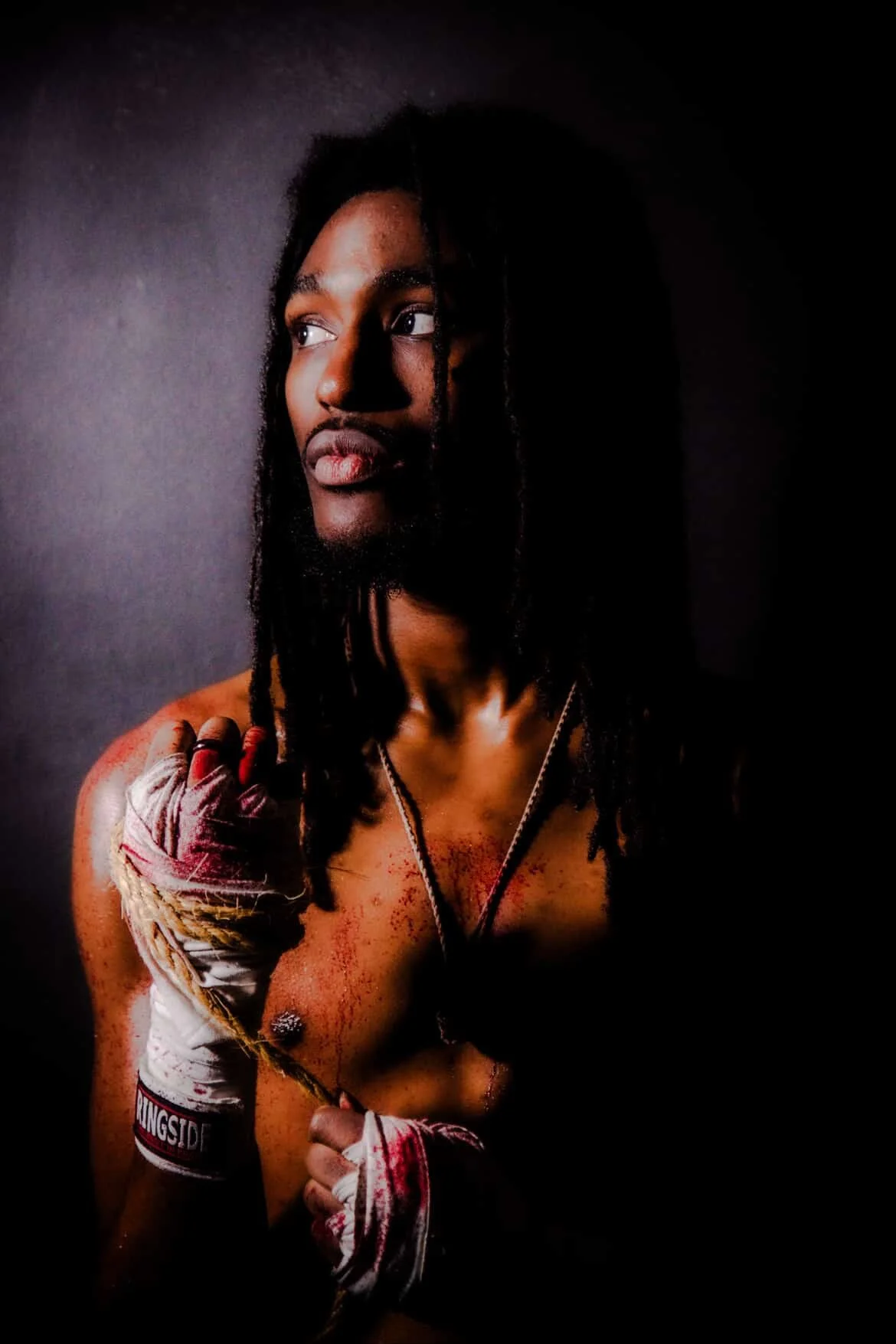Staff Perspectives • Juice WRLD's Posthumous Album "Legends Never Die"
Love, heartbreak, anxiety, depression, and addiction. These were the core themes of the late Juice WRLD’s music, and they spoke to a generation of young people trying to find their place in a world that never quite took the time to understand them. Eight months after his unexpected and tragic death in December, Juice’s posthumous album, Legends Never Die, was released for fans to enjoy the final recordings of his career.
On a personal level, the album comes at a certainly interesting time of my life. In the year marred by COVID-19 and its subsequent shutdown of “normal” life as we know it, I have been in a constant tug-of-war with my own mind. I’m naturally introverted, but spending what feels like two-thirds of quarantine in total isolation, the feeling of unwanted loneliness has replaced the peace I typically find in solitude. Sadness and anxiety have been particularly overwhelming lately. Self-medication has never been so easy to practice when there isn’t much to do in the crib but get faded and watch anime anyway. I’ve taken up meditation to help alleviate these thoughts. So far, it has been really beneficial in improving my overall spiritual state, but listening to new music from Juice WRLD has provided a much-needed sense of catharsis on an emotional scale.
Born in Chicago and raised in Homewood, Juice (real name Jarad Higgins) attended Homewood-Flossmoor High School, a hotbed of musical talent in Chicagoland’s creative scene. You can find videos of him freestyling with classmates on YouTube, a skill that would help launch him into hip-hop stardom along with his melodic sing-song style. His musical content covered the range of existential angst, relationship quandaries, and substance abuse, and it’s no different in Legends Never Die.
Posthumous albums are always tricky; there’s a fine line between delivering a project true to the late artist’s creative vision and delivering something unrefined purely for fan service and monetary streams —thankfully, LND falls under the former. From top to bottom, the album is beautifully mixed, sonically engrossing and maintains Juice WRLD’s artistic integrity.
Throughout the album’s 21 tracks, there is actually little to no filler at all. LND features interludes in the beginning, middle and end featuring recordings of Juice discussing his life and mission while he was still alive, making the emotional impact of the album hit listeners that much harder. Some of the project’s features include Trippie Redd, Halsey, Marshmello, and fellow Chicago rapper Polo G, and who all deliver on their respective contributions. Actually, some of the best cuts on the album come from feature assisted tracks, such as “Tell Me U Luv Me” with Trippie Redd, and the EDM-infused “Come & Go” with Marshmello. The production overall is heavy with guitar strings and 808s, masterfully combining Juice’s two primary music influences of trap and pop-punk.
It’s easy for young people to feel alone in this world, but literally spending the bulk of your day completely alone only amplifies that feeling tenfold. In standout track “Bad Energy,” Juice says in the opening verse “Said I was okay, but I'm lying, feel like that I'm dying/Soul screaming and crying, feel my brain frying/Try to numb the pain, all the drugs I've been buying” before crooning on the hook “Drain out bad energy/Forget the bad memories.” The melancholic track is heart-wrenching as you can feel his passion in trying to be someone his fans can find solace in as they traverse through the world trying to make sense of their own pain, despite struggling with the burden of dealing with his own.
It’s never lost on me just how young he was when he passed away, just mere days after his 21st birthday. He skyrocketed into fame and wealth while he was still a teenager, but as we all know far too well, heavy is the head that wears the crown. Being in the spotlight introduces people to a world of toxicity just as much as it introduces them to hopes and promises. With his rockstar lifestyle and drug habits, Juice perhaps already knew he was destined for inevitable tragedy. Hearing some of the lyrics in the album can be haunting, as he practically predicts his own demise. One of these moments comes in the song “Wishing Well” when he admits “If it wasn't for the pills, I wouldn't be here/But if I keep taking these pills, I won't be here.” We hear him foretell the cause of his death once again on “Can’t Die” when he says “They tell me that I'm finna OD in no time/I told 'em I'll do it on my time, not your time.”
As low as the album can get in terms of dealing with inner turmoil, a message of hope and love resounds throughout. Throughout the interludes and lyrics, Juice encourages his fans to stay up, no matter how tough times may get. His music gave listeners an avenue of vulnerability and emotional release that is much needed in a world that conditions people to keep everything locked in. In “Fighting Demons,” he tells listeners to “Take my hand/Don't give up.” As cliche as it may sound, despite Juice WRLD no longer being here physically, his spirit will live on forever through his music and the fans that were impacted by it.
One of my best friends is the biggest Juice WRLD fan I know, consistently claiming his talent and potential to be all-time GOAT proportions. He recently texted me that “Juice WRLD is nothing but an anomaly. His versatility and ear for melody are second to none. For me, he’s in the conversation with people like Michael Jackson.'' Even at such a young age, Juice WRLD commanded the respect and attention of many of today’s rap music industry superstars. In the “The Man, The Myth, The Legend (Interlude),” recordings of Young Thug, J. Cole, and Eminem are just a few of the names giving Juice glowing cosigns. By the end, you can hear G Herbo, someone who Juice had built a close relationship with both personally and professionally, wistfully recall “I think what Juice was to our generation, and the impact that he had on us is what Biggie did for New York, for real.”
Photography by Julien Carr (2018)
For Juice WRLD fans, 999 was the signature number for the late artist, an inverse of 666, the devil’s number, as a means of flipping a negative into a positive. In numerology though, it’s the number of completion. Nine is the last single-digit number, and its presence signifies that something in their life is set to end soon, which can be positive or negative. Biblically speaking, 999 is also associated with the number given to people born to save the world. Maybe Juice indeed knew all along he wasn’t meant to live a long life, but that wasn’t going to stop him from touching as many lives as he could while he was here. Legends Never Die holds some of the best work he’s ever done while staying true to his mission and purpose. It is an exceptional conclusion to his musical career and the perfect send-off to Juice WRLD’s life in the human world. While his story on Earth has come to an end, for the legion of Gen Z fans influenced by his music, their story is just beginning. Here’s to seeing each other on the other side.













